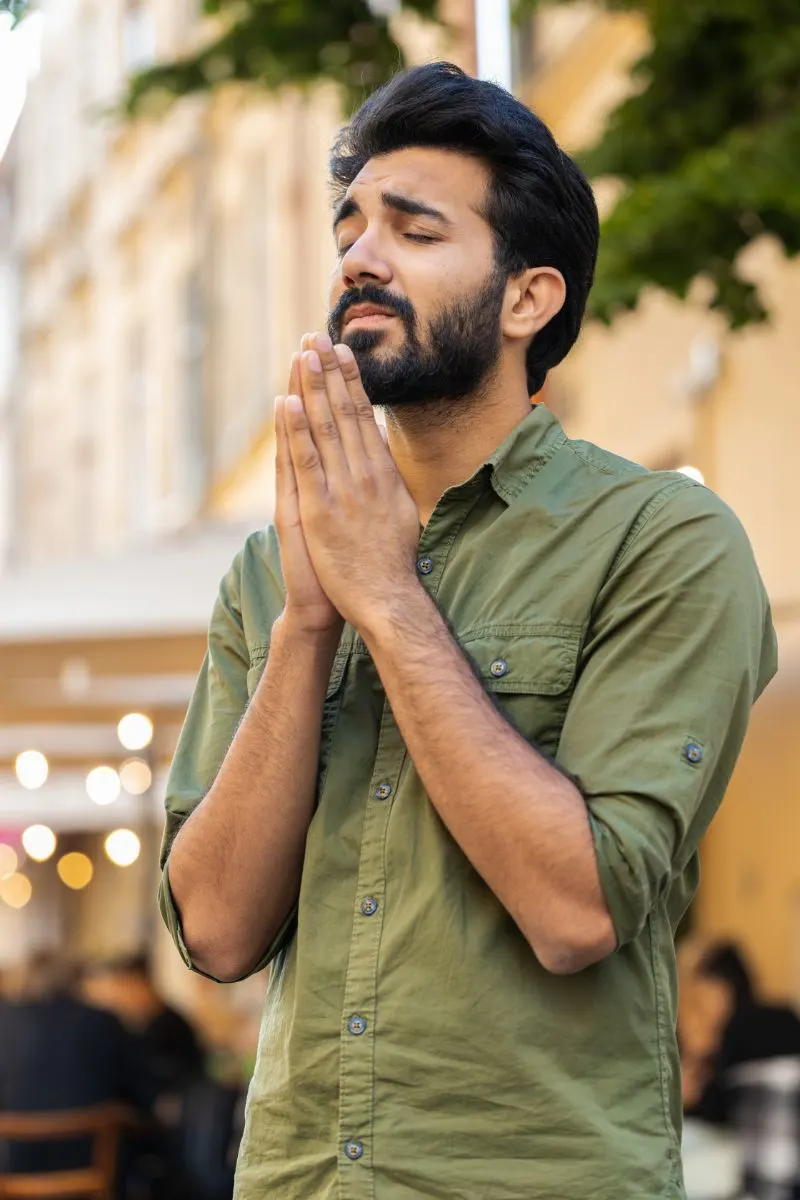Shakyamuni Buddha said that all produced things are impermanent, that is, they change moment by moment. His last words were:
“All conditioned things are impermanent. Strive on with diligence.”
Impermanence is really one of the most foundational Buddhist teachings.
Although many individuals come to mindfulness meditation practice to learn to relax or to relieve anxiety, the actual purpose of mindfulness meditation is to gain insight into the Three Marks of Existence – three characteristics of all existence and beings, namely:
- impermanence (anicca);
- suffering (dukkha);
- non-self (anattā).
Meditation on Impermanence – Guide
First, we engage in the following contemplation:
“I shall definitely die. There is no way to prevent my body from finally decaying. Day by day, minute by minute, my life is slipping away. I have no idea when I shall die; the time of death is completely uncertain.
Many young people die before their parents, some die the moment they are born – there is no certainty in this world. Furthermore, there are so many causes of untimely death. The lives of numerous strong and healthy people are destroyed by accidents. There is no guarantee that I shall not die today.”
Having repeatedly contemplated these points, we mentally repeat over and over again ‘I may die today, I may die today’, and concentrate on the feeling it evokes.
We transform our mind into this feeling ‘I may die today’ and remain on it single-pointedly for as long as possible. We should practice this meditation repeatedly until we spontaneously believe each and every day ‘I may die today’.
Eventually, we shall come to a conclusion: ‘Since I shall soon have to depart from this world, there is no sense in my becoming attached to the things of this life. Instead, from now on I will devote my whole life to practicing Dharma purely and sincerely.’
We then maintain this determination day and night.
During the meditation break, without laziness, we should apply effort to our spiritual practice.
Realizing that worldly pleasures are deceptive and that they distract us from using our life in a meaningful way, we should abandon attachment to them.
In this way, we can eliminate the main obstacle to pure Dharma practice.
”All collections end in dispersal.
Whatever rises must also fall.
All meetings end in parting.
The end of life is death.” – Buddhist Sutras.

